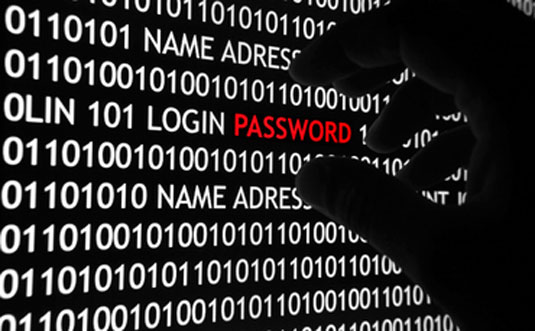Learning from This Week’s Celebrity Photo Leak

The Blame Game
While one of the takeaways of this hack may just be, “Hey, maybe all these celebrities shouldn’t be taking illicit photos of themselves and putting them online,” the fact of the matter is that these were personal photos that were taken privately, and then stored privately. What we’re dealing with is an invasion of personal space, plain and simple. Even celebrities should be entitled to a modicum of privacy in their lives! And that’s what should be the focus here: that all forms of digital storage should be a safe option for those who use it, for whatever they choose to use it for.
In the case of this leak, the blame falls, in part, to the security of Apple’s iCloud service. Currently, reports state that it was a bug in the related Find My iPhone feature that allowed hackers to gain access to the accounts. In events like these it is important to look to the framework that facilitated the breach as an example, and work to mend these issues but also consider safer alternatives. And there are indeed options to choose from already that do not suffer from the same vulnerabilities as iCloud.
A Safe Place for Your Stuff
For those looking for a secure cloud storage alternative for their files, Microsoft’s OneDrive features a verification process that recognizes logins from unfamiliar devices. In the event of attempted breaches, the user can be notified via phone or email and change their password as needed. As an added bonus, at the paid tier OneDrive boasts double the space of iCloud at a fraction of the price.
Another problem that’s arisen from this recent hack is that at least one of the celebrities affected had actually deleted one of the leaked photos from her phone. While this may be true, this decision was not synchronized with iCloud and her other connected devices. OneDrive avoids this problem with account-wide auto-synchronization features that actually reflect the choice to remove an unwanted file.
What about infections that leave your files vulnerable? Malware is a very common threat to deal with online, but it is one that can be avoided by exercising general precaution towards unfamiliar content and contacts. Always check link addresses before you click on them! As a compliment to this, Microsoft offers a number of different security features within their Windows 8.1 and Office 365 platforms that can scan, filter spam and clean devices of viruses
And so…
A major benefit of today’s technology has been that a major ease of access to a wide range of information spread throughout the internet. On the flip-side, it has become more difficult to keep some of this data private. For that reason, it is important to take all the steps that can be taken to protect oneself against the modern threat of hacking. Strong passwords, antivirus, secure platforms. They can all go a very long way towards keeping safe.
If you’re feeling concerned about the safety of your own data, please feel free to contact us or attend one of our upcoming Workshops on Fraud Prevention.

